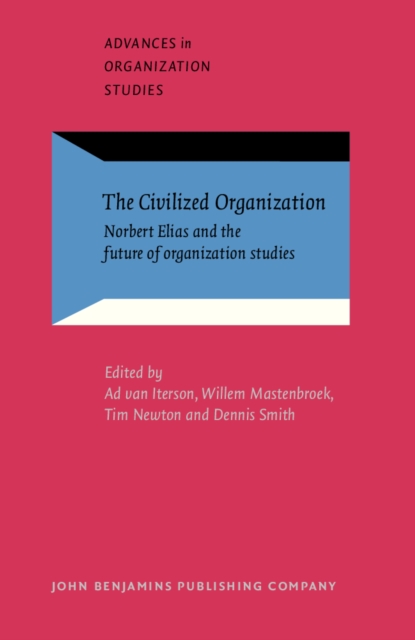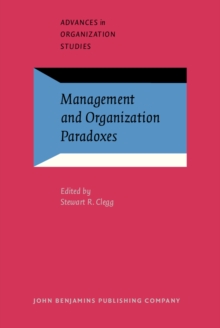
The Civilized Organization : Norbert Elias and the future of organization studies PDF
Edited by Iterson Ad van Iterson, Mastenbroek Willem Mastenbroek, Newton Tim Newton, Smith Dennis Smith
Part of the Advances in Organization Studies series
Please note: eBooks can only be purchased with a UK issued credit card and all our eBooks (ePub and PDF) are DRM protected.
Description
This book brings a major new resource to organization studies: the work of Norbert Elias. By applying his ideas in a critical but sympathetic way, the authors provide a new perspective on the never-ending stream of management fads and fashions. Standing back and taking a more detached perspective, inspired by the work of Norbert Elias (1897-1990), it becomes clear that many 'new' types of organizations are often variations on an old theme.
Elias gives us considerable purchase on current debates through his emphasis on long-term historical perspectives, his highlighting of issues of power, emotion and subjectivity, his interweaving of analysis at the level of the state, the organization, groups, and individuals, his alternative 'take' on issues of agency and structure, and his relevance to a wide range of current organization theories.
The contributions show the current relevance of Elias's work in numerous fields of organizational analysis such as the sociology of finance and markets, the comparative and cross-cultural study of organization, comparative management development, organizational meetings, organizational boundaries, gossip and privacy in organizations, emotion in organizations, and the significance of humiliation within organizations.
It is, indeed, "time for Elias"! Information
-
Download - Immediately Available
- Format:PDF
- Pages:280 pages
- Publisher:John Benjamins Publishing Company
- Publication Date:29/10/2002
- Category:
- ISBN:9789027297051
Information
-
Download - Immediately Available
- Format:PDF
- Pages:280 pages
- Publisher:John Benjamins Publishing Company
- Publication Date:29/10/2002
- Category:
- ISBN:9789027297051










